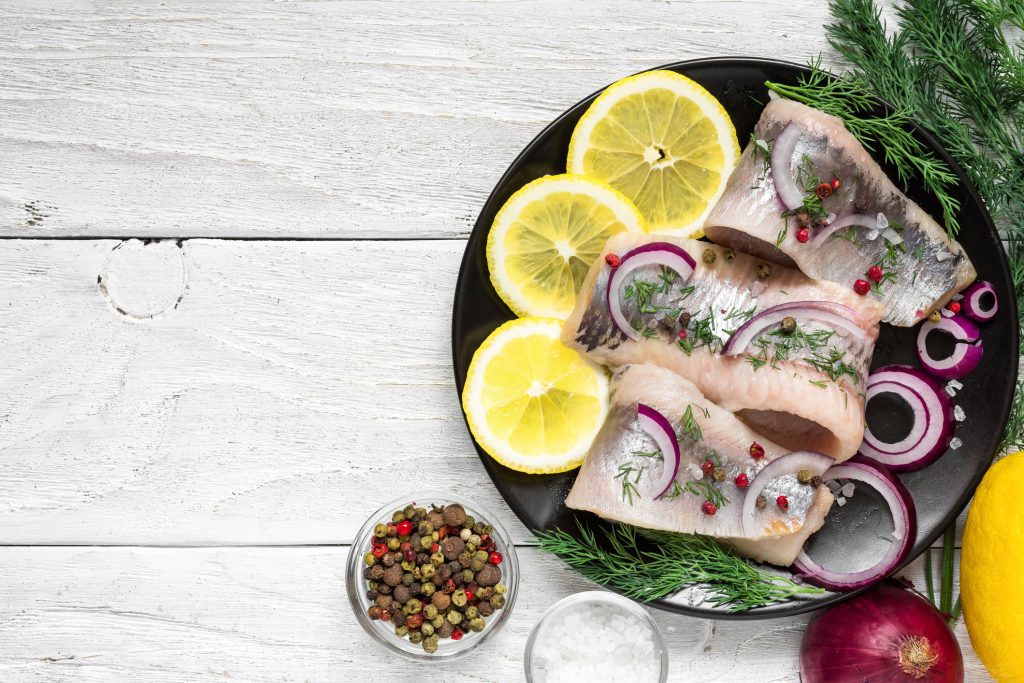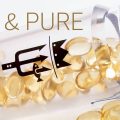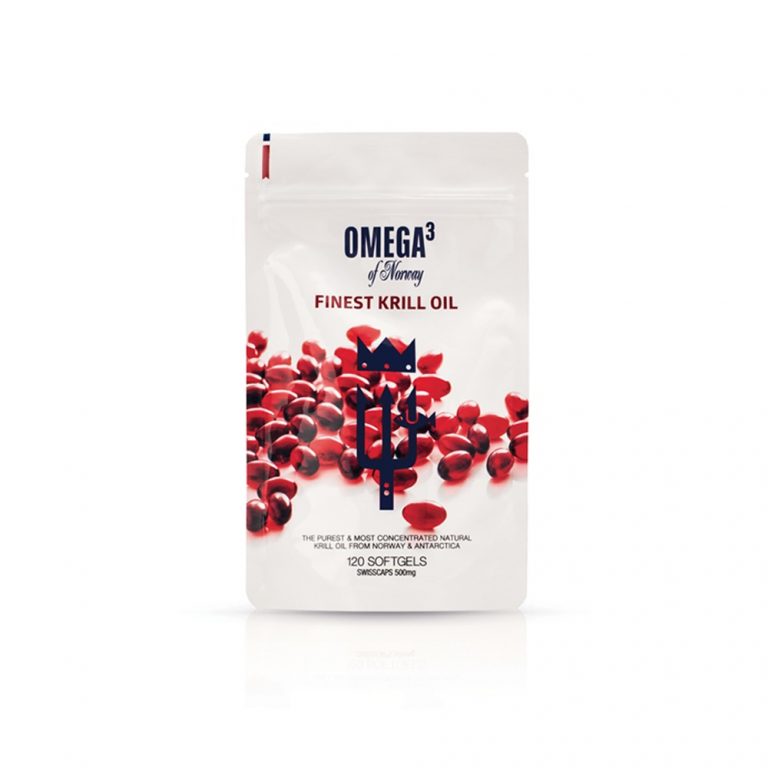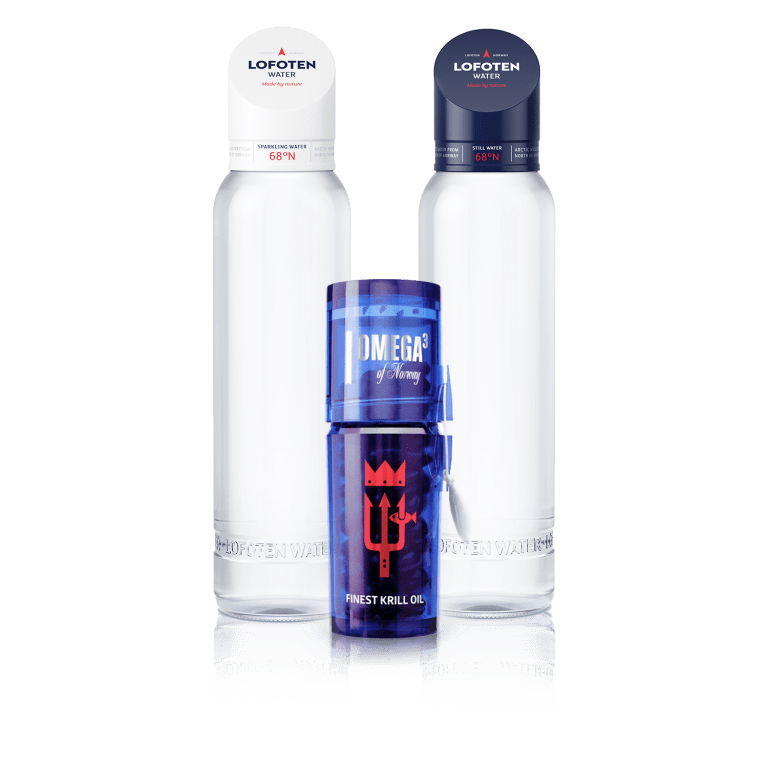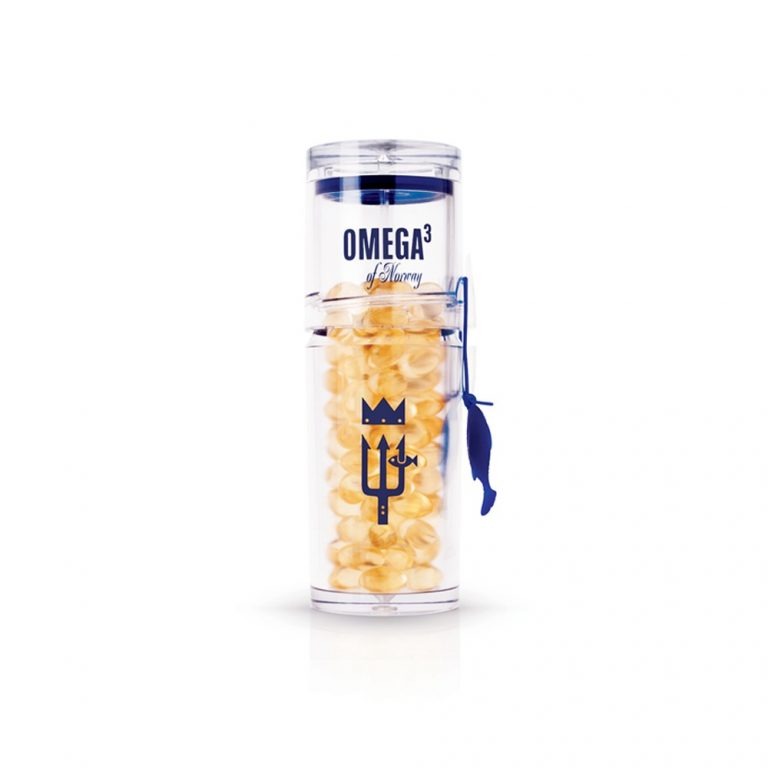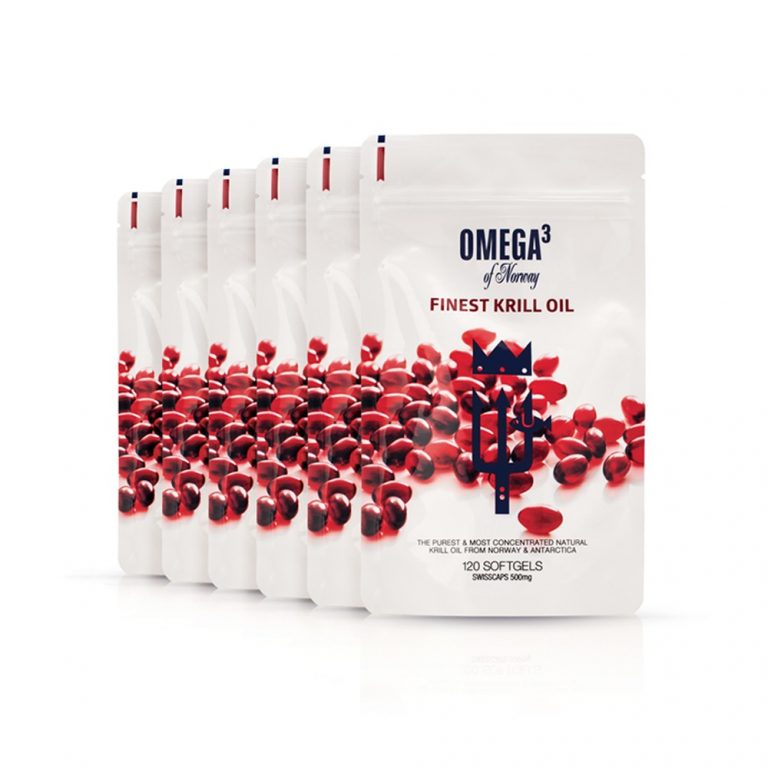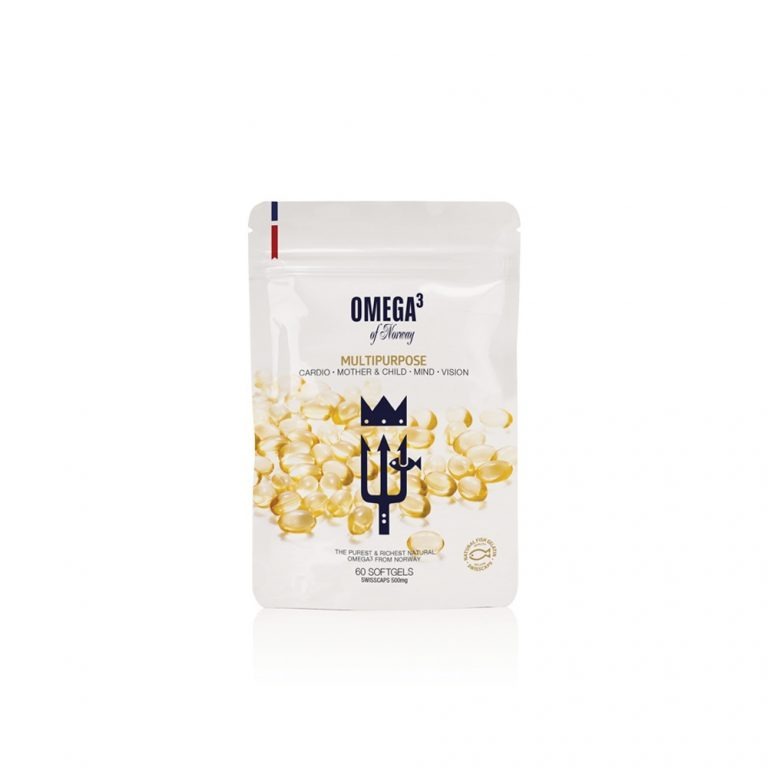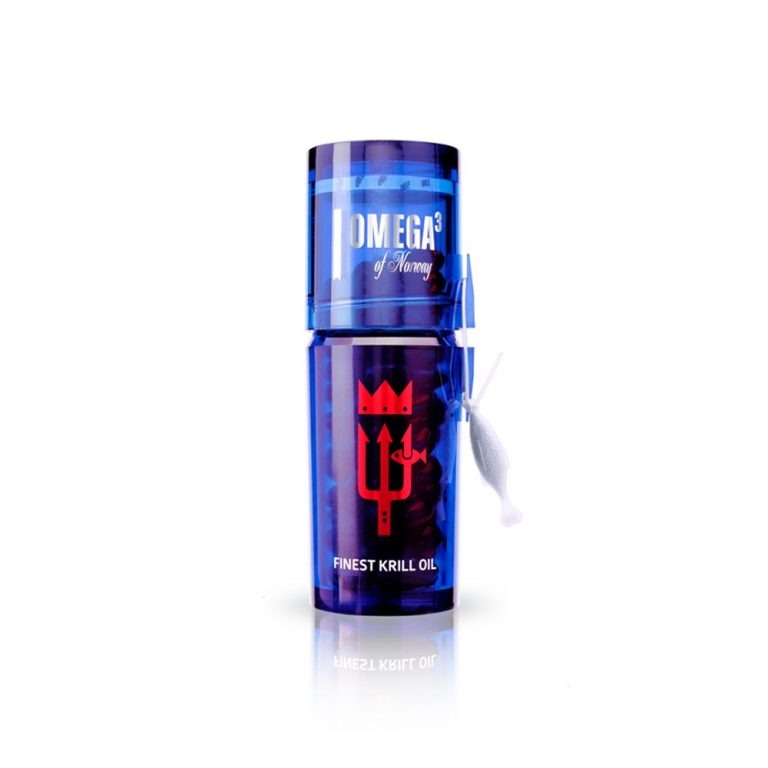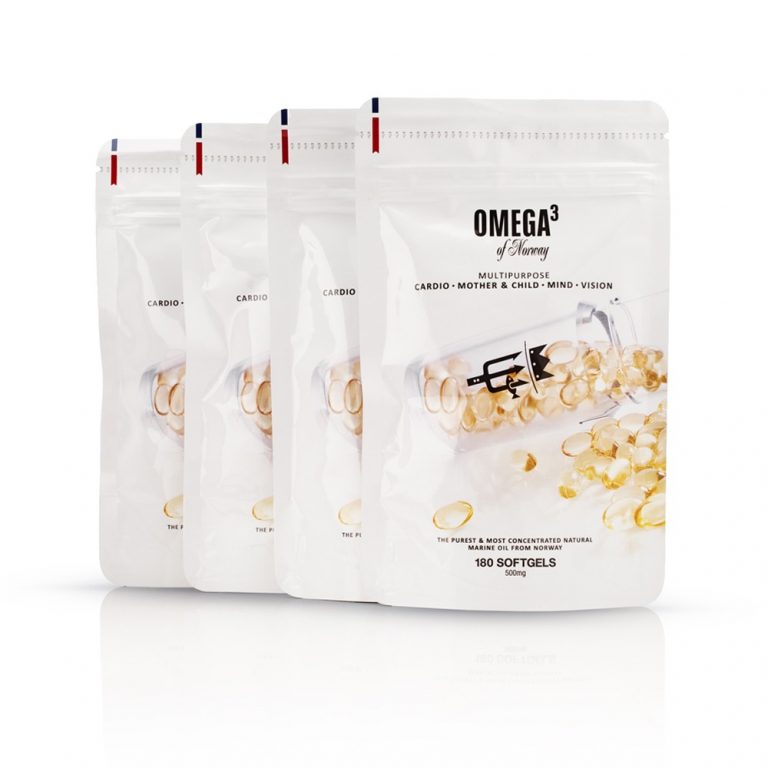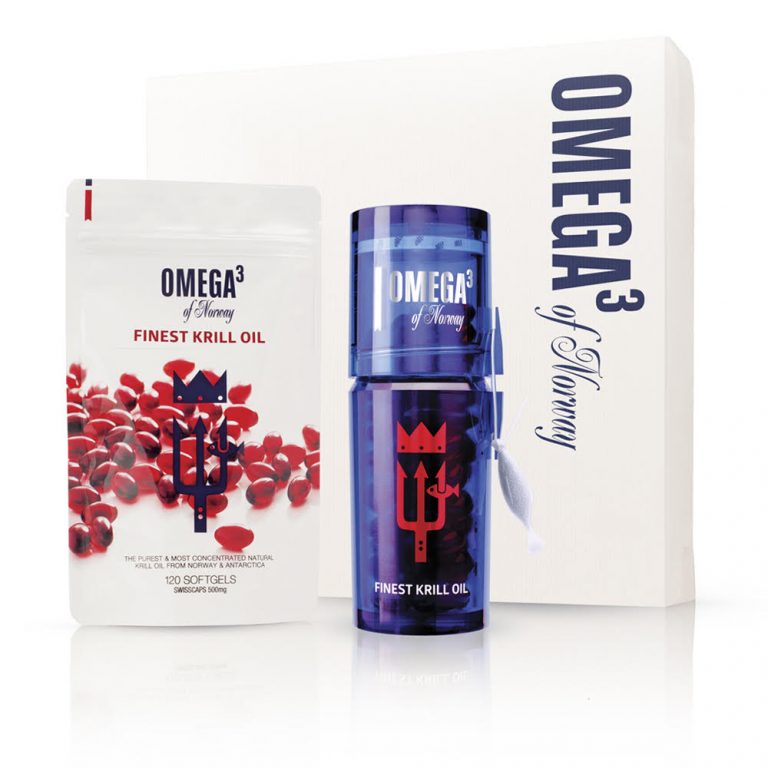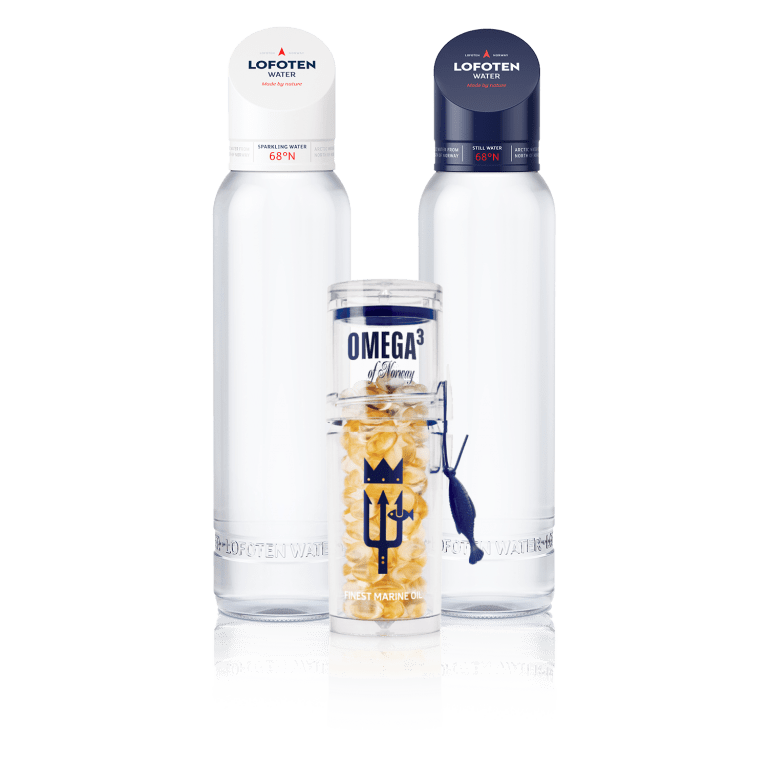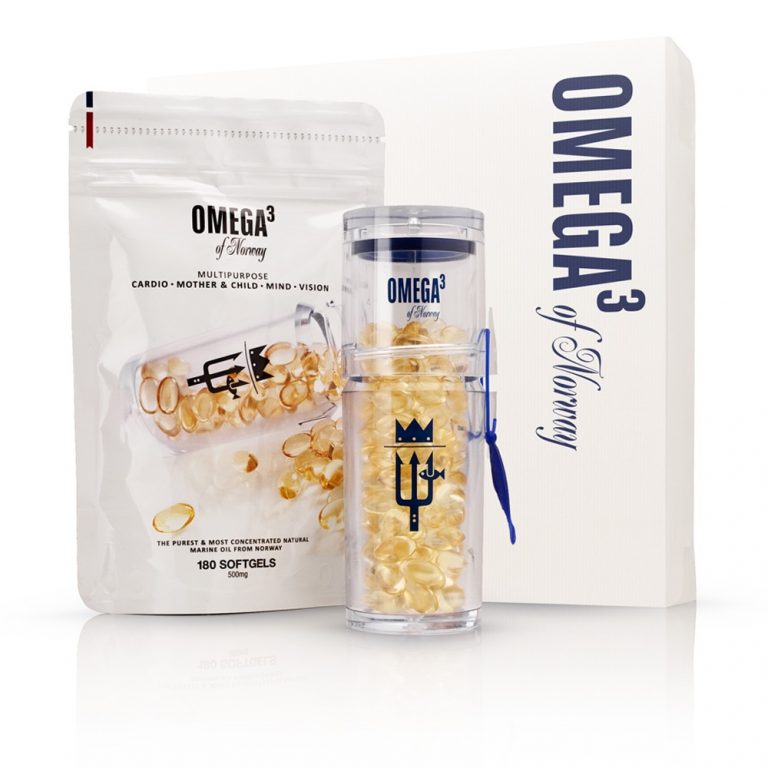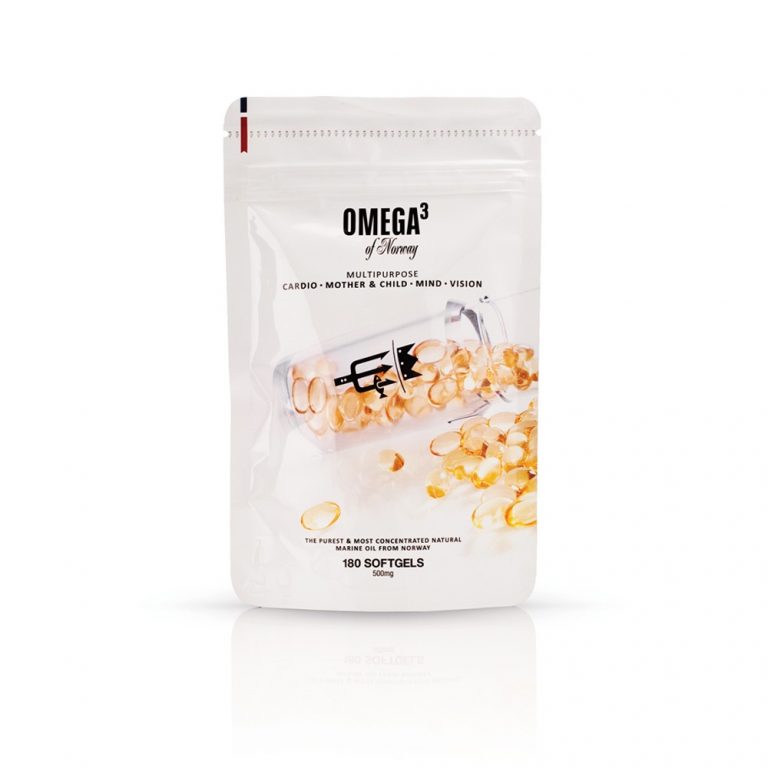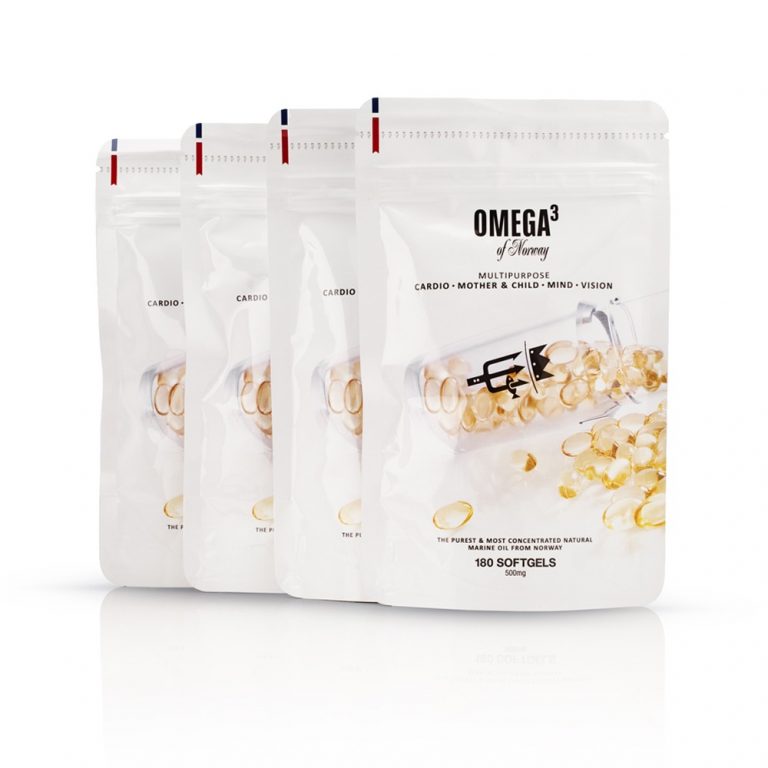´What is Better, Fish or Fish Oil?´One of the most asked questions about Omega 3 & Fish Oil,
Many of you might be wondering if it is better to eat fresh fish or consume fish oil supplements to make sure you get enough omega – 3. The essential omega – 3 fatty acids eicosapentaenoic acid (EPA) and docosahexaenoic acid (DHA) are essential for many processes of our body, but we cannot produce them ourselves. We therefore depend on consuming them through our diet or with the help of food supplements. But which one is better, fresh fish or fish oil supplements?
This is the question we will discuss in this article. We will look at advantages and downsides of both options and help you to make the healthiest choice for yourself.
Advantages And Risks Of Getting Omega – 3 From Fresh Fish
To reach your omega – 3 goals, the American Heart Association recommends eating fish at least two times a week. But not all fish are equal and the amount of omega – 3 you will be able to ingest depends a lot on which type of fish you eat. Omega – 3 fatty acids can be found in cold water fish like tuna, salmon, mackerel, sardines or anchovies. While all fish contain important vitamins and are a healthy source of protein, not all of them will give you the health benefits of omega – 3 fatty acids because some fish contain low amounts of EPA and DHA. So, this is one of the downsides of relying on fish alone, as it might not actually contain high enough levels of omega – 3 fatty acids, even if it is a healthy food option for you.
Another point that is especially relevant for pregnant or breastfeeding women, is the potential risk of mercury poisoning when eating a lot of fish or seafood. Mercury is a heavy metal that can cause permanent damage to our nervous system and when consumed by pregnant or breastfeeding women, it can also impact the child. Mercury occurs in the atmosphere and through evaporation and condensation it can end up in our rivers, lakes and the ocean. There is gets transformed into the organic neurotoxin methylmercury and is built into the tissue of fish and other marine animals. Through the food chain this neurotoxin can then accumulate in the tissue of bigger predatory fish, so most medical professionals advise against consuming large and predatory fish like swordfish, marlin or king mackerel. Consuming other fish does not pose a risk to your health regarding mercury poisoning.
But eating fish is not only good with regard to omega – 3 fatty acids, it also contains healthy proteins and other important vitamins and nutrients such as selenium, a substance important for protecting our cell membrane from oxidation for example. However, for many people it might not be that easy to access fresh and sustainably caught fish, so using fish oil supplements might be an option to still make sure that your omega – 3 reserves are always full.
And What About Fish Oil?
Fish oil on the other hand, is produced from the tissue of those fatty fish who contain abundant amounts of EPA and DHA. Here at Omega 3 of Norway we use only freshly caught wild water anchovies and a patented molecular distillation process to purify our fish oil to guarantee a high-quality product. Our oils also contain high amounts of triglyceride EPA and DHA, their most natural and easy to absorb molecular structure.
What you should consider when relying on fish oil for your omega – 3 supply is the quality of the fish oil. While all contain EPA and DHA, make sure to check the concentration of those fatty acids to make sure, that you get sufficient amounts of them. You can read our guide on how to choose the best omega – 3 – supplement for you here (https://norwayomega.us/blog/how-to-choose-a-good-quality-omega-3-supplement-in-five-easy-steps/).
Because the size of the capsule or portion does not matter, if the concentration of fatty acids is low. A benefit of fish oil is therefore, that it is easy to monitor the amount of EPA and DHA you are consuming because you know exactly, how much each of your capsules contain. This can be an advantage over consuming fresh fish, where it is much more difficult to know how many fatty acids they really contain.
Another advantage of fish oil is, that for most people who don’t live close to the sea, they are generally cheaper to buy than freshly caught fish and more accessible.
Fish however, contains other important nutrients and fats next to EPA and DHA, which could also influence their absorption rate. Research has shown, that consuming EPA and DHA together with other fats helps our body to absorb them better, because these other fats activate our body’s absorption mechanisms. However, if you take your fish oil capsule together with a fatty meal, this can also stimulate the absorption process. And while EPA and DHA might be absorbed more easily, a high-quality fish oil supplement can contain higher amounts, therefore potentially making it more efficient.
Lara Holtkamp – Model Ambassador for Norway Omega
Why Omega – 3 Are So Important
But why do we even bother about those fatty acids so much? Research has shown that they not only support our heart, but also have a positive impact on our immune system and even on the regeneration of our muscles after strenuous exercise. It is therefore important to consider your omega – 3 intake when you are looking to improve your diet and overall health and well-being.
EPA for example helps to reduce cellular inflammation and can even help improve and stabilize your mood and mental health. DHA on the other hand, is and important part of our cell membranes and essential for the structure and function of our brain, both as adults and children. High DHA intake during pregnancy is also essential for the neural and visual development of the child and can improve cognition. You can read more about the health benefits of those fatty acids here (https://norwayomega.us/blog/why-are-omega-3-fatty-acids-important/) and here (https://norwayomega.us/blog/omega-3-is-good-for-both-mother-and-child/).
Conclusion
Like with most health-related questions, there is no simple answer to the question if fish oil or fresh fish are better for you. While eating fish supplies you with many healthy proteins, vitamins and fatty acids, it can be harder to access and more expensive than fish oil. The amount of omega – 3 you will be able to get from fish also strongly depends on which type of fish you eat, and not all seafood will have the desired effect on your omega – 3 intake.
Fish oil supplements might potentially not be absorbed that fast, but the higher concentrations of EPA and DHA still guarantee a good supply of those fatty acids and make it easier to monitor your intake. When buying a fish oil supplement, make sure you look our for sustainability labels and check the concentration of EPA and DHA. A high-quality product like the fish oil or red krill oil from Omega 3 of Norway for example, are a good choice to get your health back on track. Browse our shop today to discover our range of products or read more about all things omega – 3 on our blog. Please also see: https://norwayomega.us/blog/difference-between-fish-oil-and-omega-3/
Sources
https://chriskresser.com/the-fish-vs-fish-oil-smackdown/
https://www.uofmhealth.org/health-library/hw114960
https://www.cleaneatingmag.com/personalities/if-i-eat-fish-should-i-still-take-a-fish-oil-supplement


